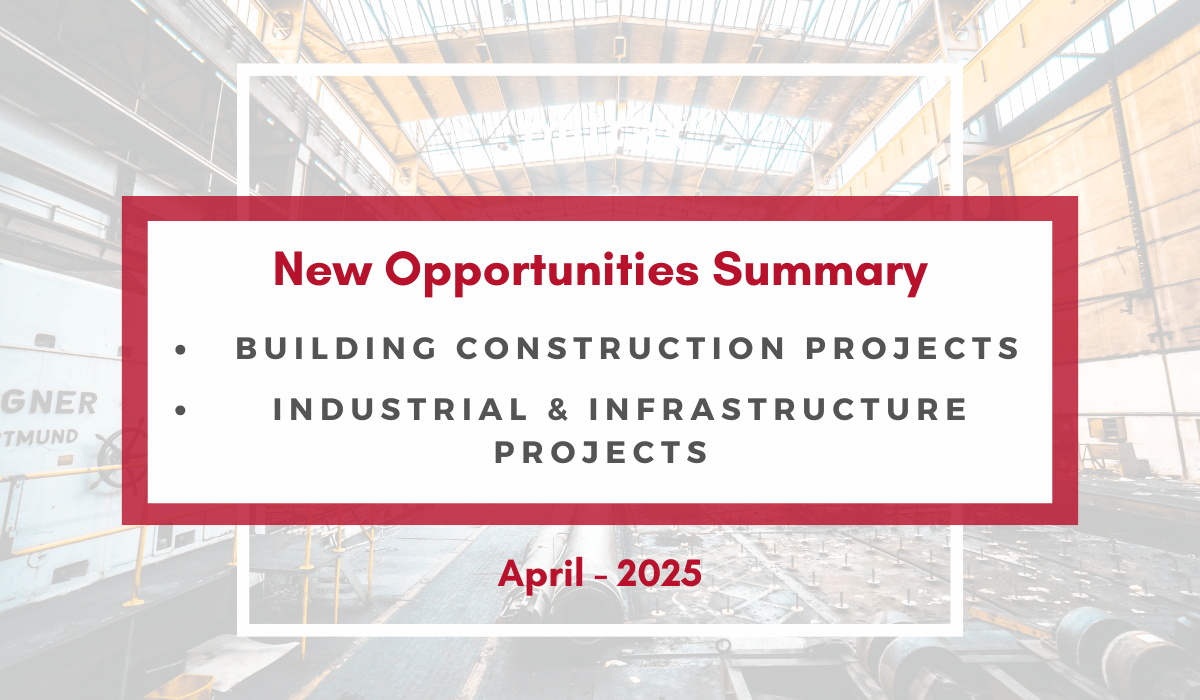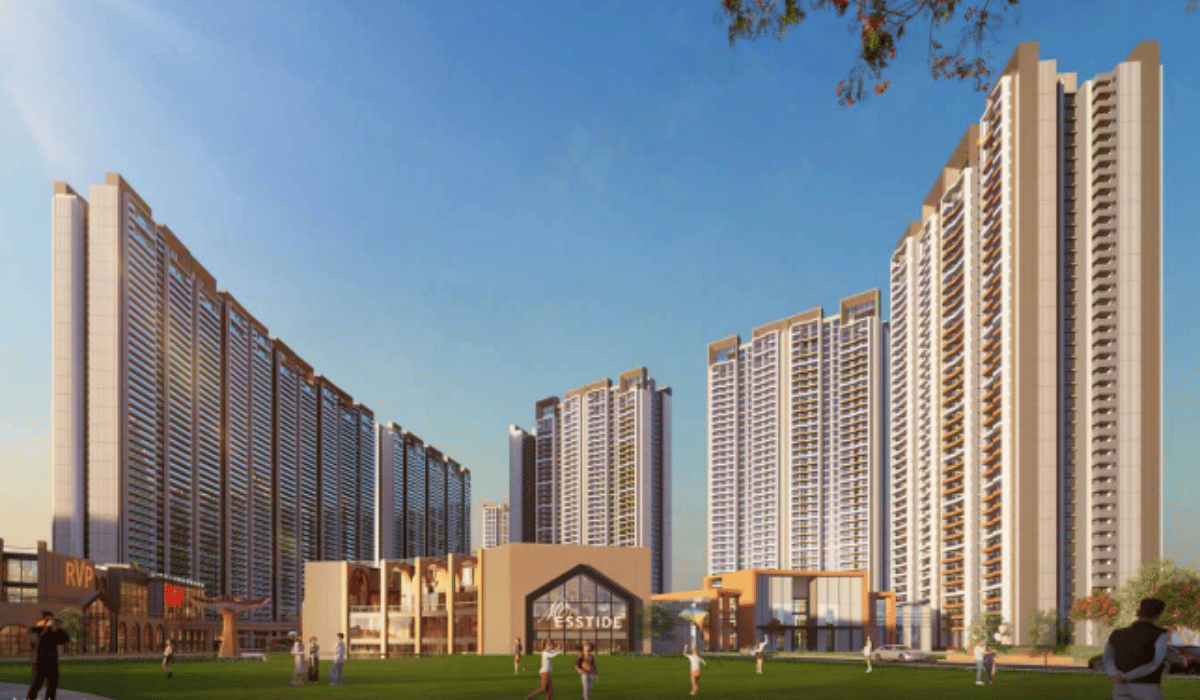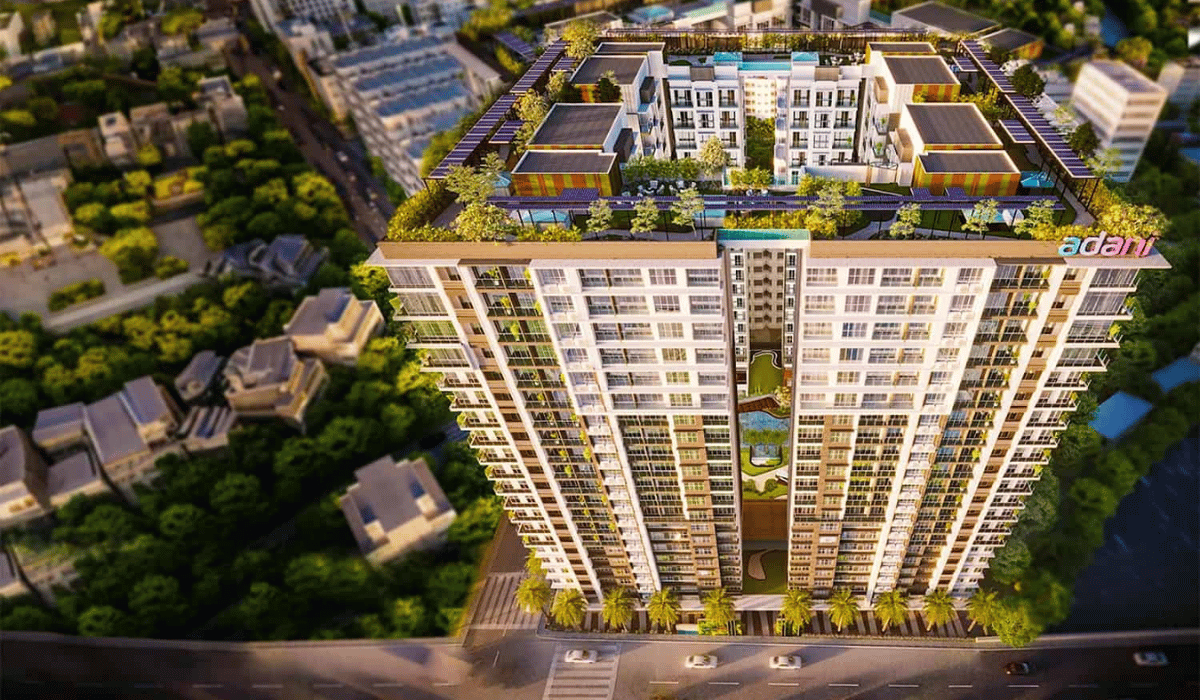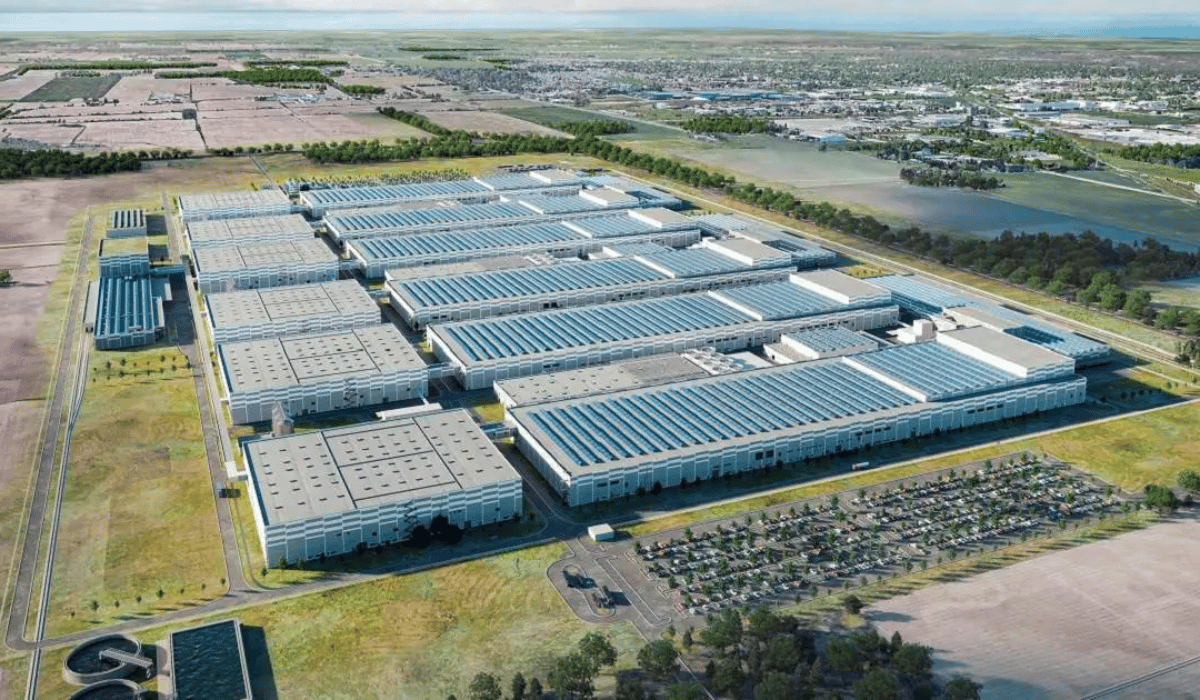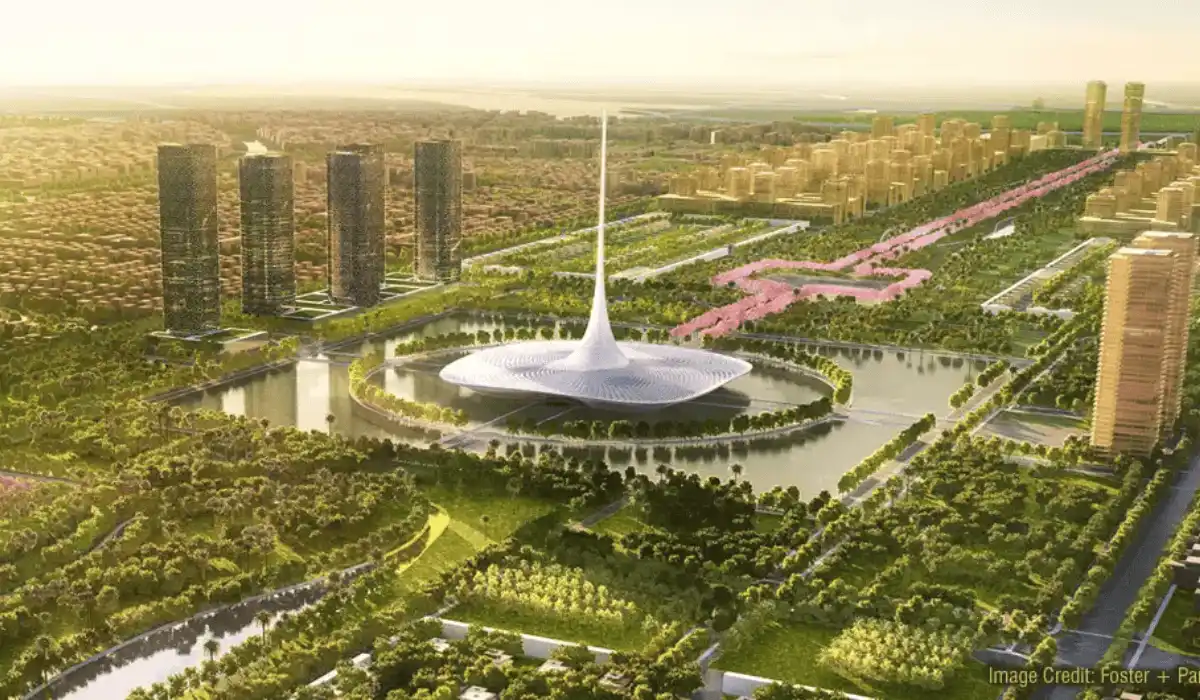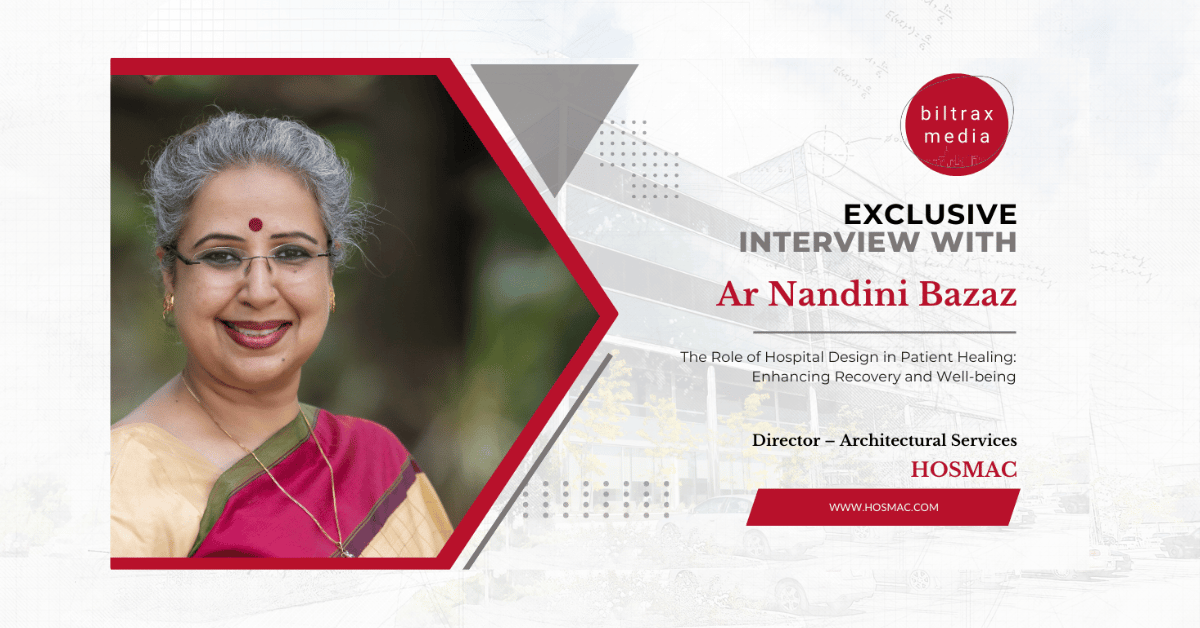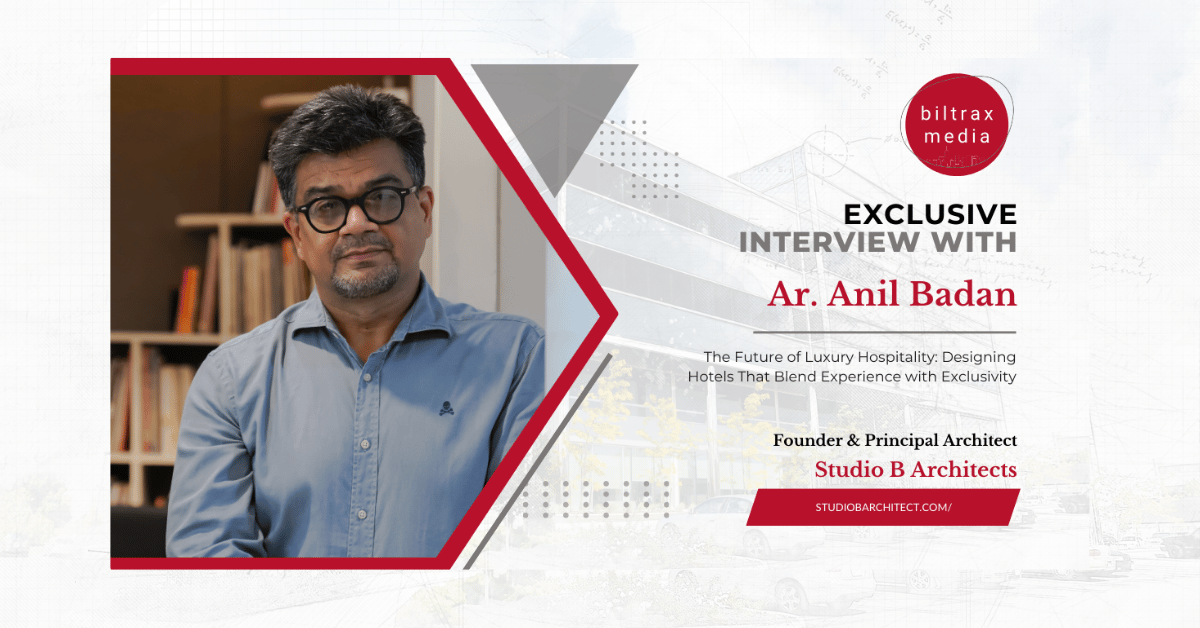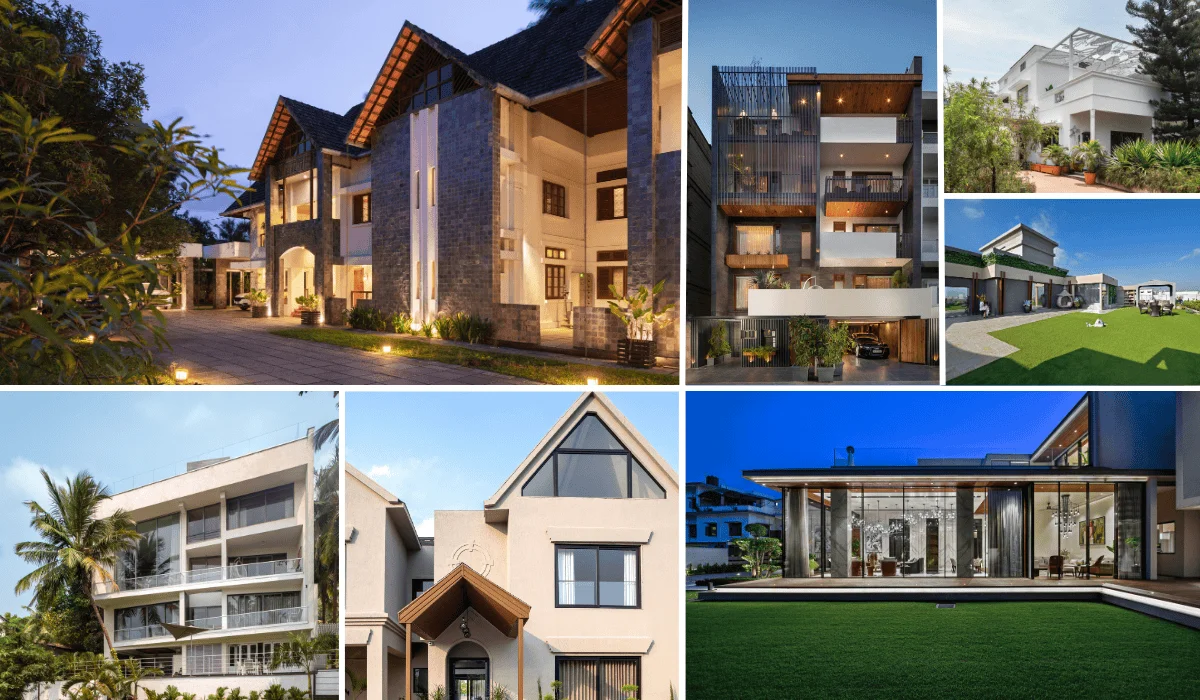Pranav Iyer is planning for Earth 2.0 as Indian design goes global. Ground 11 Architects is headed and founded by their design principal – Mr. Pranav Iyer in 1998 in Pune. He also co-founded VIDA in Los Angeles and G11 Addis in Ethiopia. Pranav has worked across diverse topographies and scales of work. His work concentrates on the built narrative. The studio’s forte lies in providing global design solutions in keeping with local technology and processes. Their work demonstrates that despite scale and typology, design is intrinsic to nation-building. It therefore helps in securing better lives across all sections of society.
Affordable housing in India and high-end lounges at casinos may hardly see eye-to-eye. But Pune based Ground 11 boasts of a portfolio that accommodates solutions for housing the poor to reclamation projects in Lagos to bespoke private buildings. The common thread that weaves his work together is deploying design for problem solving. In a country like India, affordable-housing continues to be a crucial parameter for development. To which there are two distinct narratives, Pranav says. “The first are developer-driven rehabilitation projects that focus largely on the FSI. The other is more institutional, altruistic and research driven. We have worked with the latter. Most patrons include corporations that want to undertake affordable housing as a part of CSR that can be scaled. Or they include United Nations supported international investor groups that want to research and deliver across the world.”

For large projects, the design is also influenced by how each stakeholder is plugged into the project, which in turn influences design and then the phasing of deliverables
As a result, Pranav’s engagement with such projects is beyond design. However it also extends onto supply chain optimisations, delivery and execution logistics, and micro-design. This helps reduce steps during project delivery among others. It also adds to the body of research on how to structure a project from feasibility through construction while navigating a global supply chain with numerous quality and financial pitfalls. “There are numerous research foundations involved, from TATA to Reliance, and the Kalyani Group. They take a keen interest in research and development of sustainable and low-cost construction in general and housing in particular for a period of time. Some significant developments from these and other grants have allowed sensitive and sustainable affordable housing to make big strides in India and elsewhere.”
Affordable housing, sound habitation and place-making is pivotal to cities irrespective of their location. Comprehending experiences in India and Nigeria, Pranav says, “Designing depends entirely on an understanding of lifestyles and the structures of social units across scales. In many ways any large city needs broadly the same solutions for similar problems, but geographic and contextual forces ultimately define the design.” He believes that ignorance and stereotypes induce misconceptions. “To design within a different culture, one needs to go in with an open mind and a willingness to unlearn before learning.”

The Corals project is designed partially on reclaimed land and the engineering complexity was a new avenue to discover.
Pranav elaborates on the technicalities of one of their projects overseas, “The Corals” located in Lagos. The project is designed partially on reclaimed land and the engineering complexity was a new avenue to discover. “Basements below sea level, designed to withstand and adapt to settlement of the reclaimed land, and with it crucial infrastructure; have been quite a revelation to our team. These are just some of the challenges we have to solve moving forward in the project.”
Impressing upon how clients are instrumental in setting out a clear vision for any project, he says, “Any project, however small, becomes dear when the client rejoices in the process, and allows freedom for us to interpret and work off their energy.” A proponent of sustainability, Pranav also advocates a realistic and sustainable reduction of carbon footprint. “In the design of an IT park we had worked on in 2008, the use of readily available technologies and materials helped shave off almost 30% off the carbon footprint of the project. These steps not only make the functioning building efficient, but streamline construction and reduce the energy footprint of the construction process as well.”
Ground 11 Architects
ground11.com
info@ground11.com
+91-72760 70225
Biltrax Construction Data is tracking 11000+ projects on its technology platform for its Clients. Email contact@biltrax.com to subscribe and generate business leads
Discover more from Biltrax Media, A Biltrax Group venture
Subscribe to get the latest posts sent to your email.






